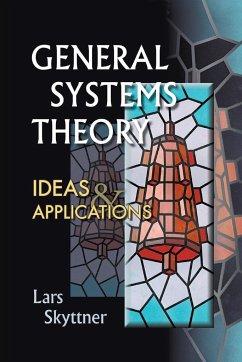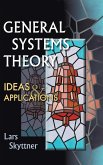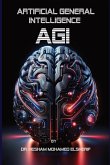The world in which classical positivistic science and technology obtained great success has vanished. However, the way of thinking promoted by that epoch still lingers in our social consciousness, sometimes as a burden. To conquer the shortcomings of classical analytical science in the modern, ever more complex world, systems theory and its applications within systems science present an alternative to old paradigms. Systems theorists see common principles in the structure and operation of systems of all kinds and sizes. They promote an interdisciplinary science adapted for a universal application with a common language and area of concepts. This approach is seen as a means of not only overcoming the fragmentation of knowledge and the isolation of the specialist, but also finding new solutions to problems created by the earlier "solution of problems". This book introduces the systemic alternative. It is divided into two parts. The first is devoted to the historical background of the systems movement, and presents pioneering thoughts and theories of the area. Basic concepts of general systems theory with well-known laws and principles are discussed, as well as related topics like cybernetics and information theory. The second part deals with some of the common applications of systems theory within systems science, such as artificial intelligence, management information systems and informatics. An attempt is made to predict the future of systems theory in a world apparently becoming fragmented and integrated at the same time. To engage oneself in systems theory and its striving towards an applied universal science is a highly cross-scientific occupation. The reader will come into contact with many different academic disciplines, and consequently the possibility of an all-round education - something particularly needed in our over-specialized world.
Hinweis: Dieser Artikel kann nur an eine deutsche Lieferadresse ausgeliefert werden.
Hinweis: Dieser Artikel kann nur an eine deutsche Lieferadresse ausgeliefert werden.








